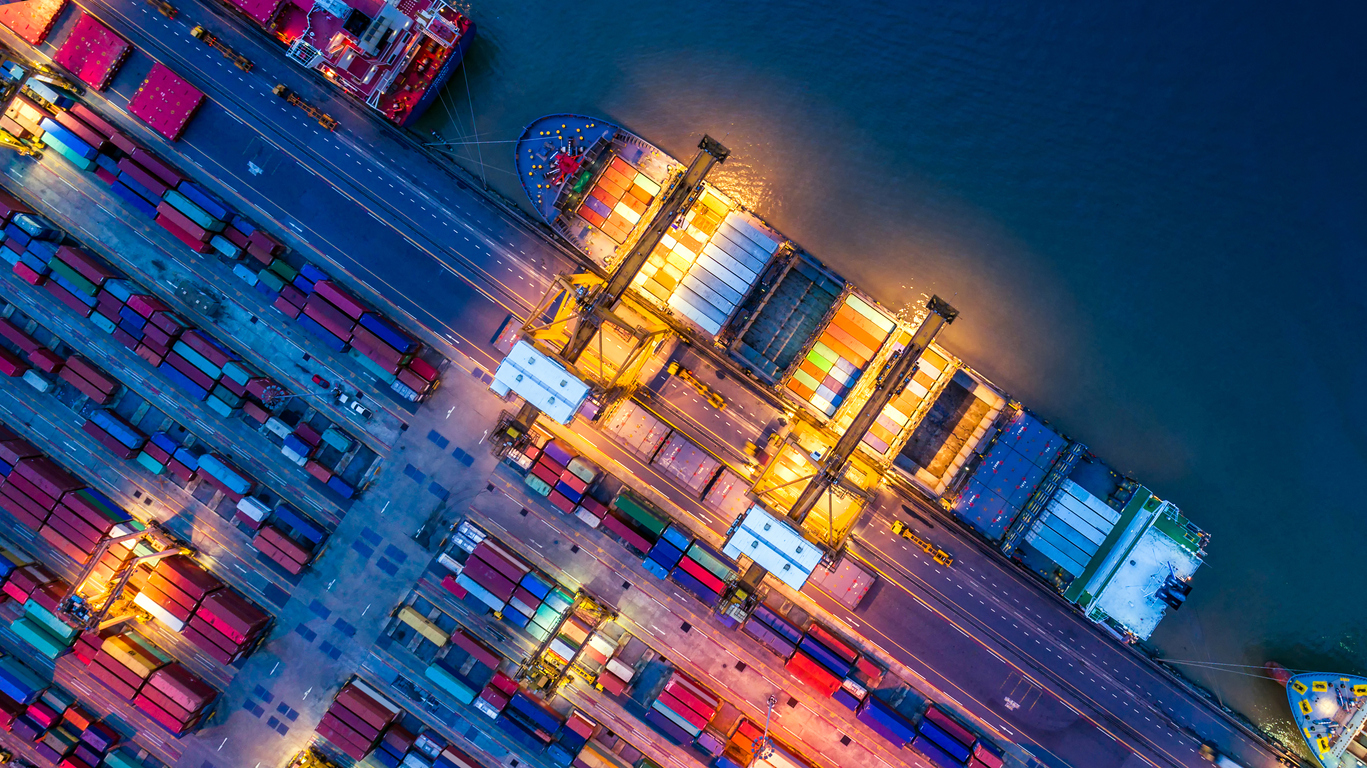Shipping Goods from Saudi Arabia to Kenya: A Comprehensive Guide
Shipping Goods from Saudi Arabia to Kenya: A Comprehensive Guide
Saudi Arabia and Kenya are two of the largest economies within the Arab state. With a population of over 41 million people, Saudi Arabia is primarily an oil-based economy and one of the world’s most important suppliers of crude oil. Kenya, on the other hand, has a GDP value of $64.5 billion and has seen its fair share of economic progress in recent years – but only because it’s also home to one of the most beautiful national parks in Africa: The Maasai Mara. However, regardless of these differences, both countries have plenty in common – specifically as far as their import/export policies go. As such, if you’re looking to ship goods from Saudi Arabia to Kenya (and vice versa), there are some things you should know before doing so…
What to Know Before Shipping Goods from Saudi Arabia to Kenya
There are a few things you should know before shipping goods from Saudi Arabia to Kenya – whether you’re shipping them inbound or outbound. Firstly, you should know that all commercial transactions between the two nations are governed by the rules of the Arab Trade Promotion and Investment Initiative (ATPI). As a result, exporters and importers should adhere to ATPI rules and regulations to ensure their transactions are successful. This means that all commercial documents should be in English and accompanied with an official translation. Additionally, both parties must have an ATPI registration number and, if applicable, a valid ATPI certificate.
Exporting Goods from Saudi Arabia
If you’re looking to ship goods from Saudi Arabia to Kenya, you’ll need to adhere to the ATPI rules and regulations governing exports. There are four different export modalities: General, ATPI, license, and special. General and ATPI exports are the most common. General exports are those that are not subject to any special conditions and are transported in the normal way, whereas ATPI exports are those that are subject to special conditions and require special handling. In the case of ATPI exports, all commercial documents should be submitted to the ATPI Commission. To ensure that shipments are successful, exporters should adhere to the following guidelines: – Exports must be accompanied by a commercial invoice, packing document, and transport document, each of which should be filled out in English – Commercial invoices should include the following information: – Exporters should be in possession of the goods being shipped and have the ability to sign the commercial invoice – Commercial invoices should be printed on company letterhead and signed by the company’s authorized representative – Exporters should ensure that goods are adequately packed and marked – Exports must not be in violation of the ATPI rules and regulations.
The Basics of Shipping from Saudi Arabia to Kenya
If you’re looking to ship goods from Saudi Arabia to Kenya, you should know that it’s not advisable to use air transportation unless your goods are perishable. This is because the Saudi customs authorities impose strict security measures that often result in delayed shipments. If you’re thinking of using sea transportation to ship goods from Saudi Arabia to Kenya, you’ll have to consider the following factors: – Sea transport takes a long time compared to other transport methods. The average transit time for a container from the Red Sea port of Jeddah to the Kenyan port city of Mombasa is 30 to 35 days. – The Kenyan port city of Mombasa is the country’s main port, meaning that the port will be congested and the transit times for goods will be much longer. – Shippers should note that the Kenyan port authority has multiple unions, meaning that a strike could stop goods from being shipped and/or unloaded. – While the Mombasa port charges lower handling fees than other Kenyan ports, the expensive insurance premiums make the port less attractive.
Importing Goods to Kenya From Saudi Arabia
If you’re looking to import goods from Saudi Arabia to Kenya, you should know that the Kenyan customs authorities impose strict security measures. As a result, importers should be aware that the following documents must be submitted to the customs authorities: – Commercial invoice – Packing list – Health and quarantine certificate To ensure that shipments are successful, importers should adhere to the following guidelines: – Import invoices must include the following information: – Import documents must be printed on company letterhead and signed by the company’s authorized representative – Import documents should be accompanied by a commercial invoice, packing list, and health and quarantine certificate – Import documents must include the ATPI certificate.
Final Words
Shipping can be a complex process, especially when you’re dealing with international trade. That’s why it’s important to know what you’re getting into before you make a decision to ship goods from Saudi Arabia to Kenya, or vice versa. If you’ve read this article from start to finish, you now have a good idea of what to expect. So what are you waiting for? Get shipping!








LEAVE A COMMENT
You must be logged in to post a comment.